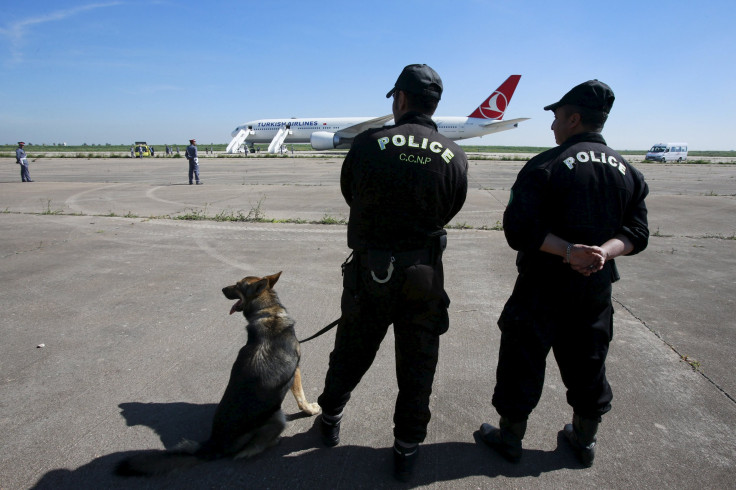Website Of Australia’s Hobart International Airport Hacked By ISIS Daesh

Australian aviation officials were in a frenzy on Monday after the website of Hobart International Airport got hacked by a group who described themselves as supporters of the radical extremists ISIS Daesh.
Tasmanian police said the message posted on the site contained a statement supporting ISIS. But they believed the group only targeted the web host used by the Hobart International Airport, not the actual facility itself. Police added they found no direct threats made against the airport.
The virtual attack occurred in the early hours of Sunday morning, according to the ABC. It made the website unavailable for several hours. Hobart Airport described the virtual attack it received as “website defacing.”
"Website defacing is a type of attack on a website that changes the visual appearance of a website," Hobart Airport said in a statement. "The airport website was defaced with pro-Islamic militant messages." The particular message was found to be identical to the ones that have appeared on thousands of websites worldwide since late 2014.
Police has opened an investigation as well as monitoring activity at the airport following the incident. They have deployed additional security arrangements to the airport, adding they "are prepared to provide an appropriate response."
Hobart International Airport is a major airport in Tasmania that is located in Cambridge. It services the country's main carriers including Qantas, Virgin Australia and Jetstar. It is considered the ninth busiest airport in Australia. It was established in 1956 and privatised in 1988.
Australia has a growing problem stemming radicalised citizens from leaving the country to join terrorist groups. Just recently, Australia’s counterterrorism forces intercepted around 200 suspected militant supporters from leaving the country. Officials said they believed around 90 Australians are fighting with the ISIS Daesh group in Iraq and Syria.
To report problems or to leave feedback about this article, email: e.misa@ibtimes.com.au.




















